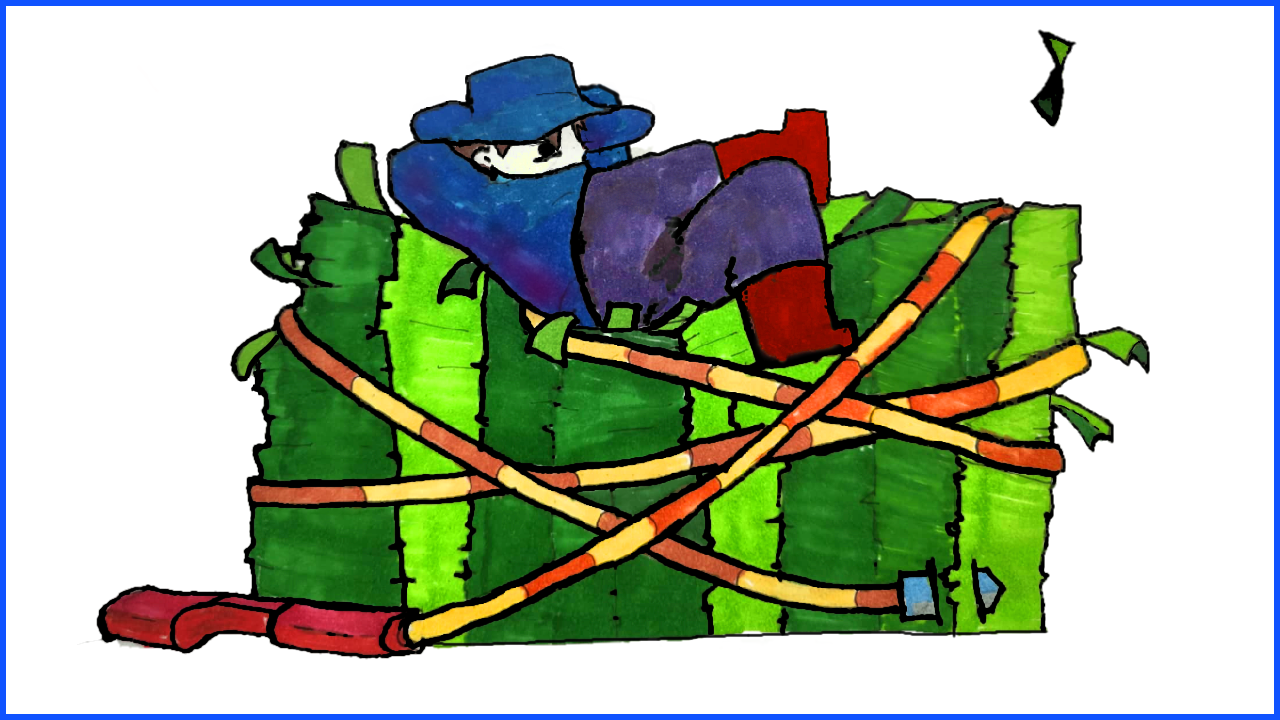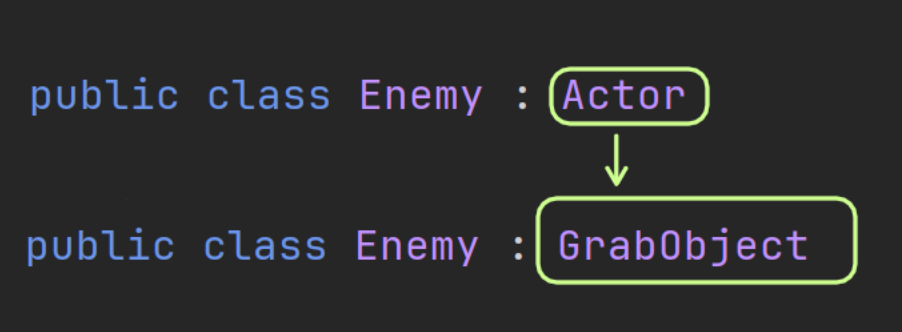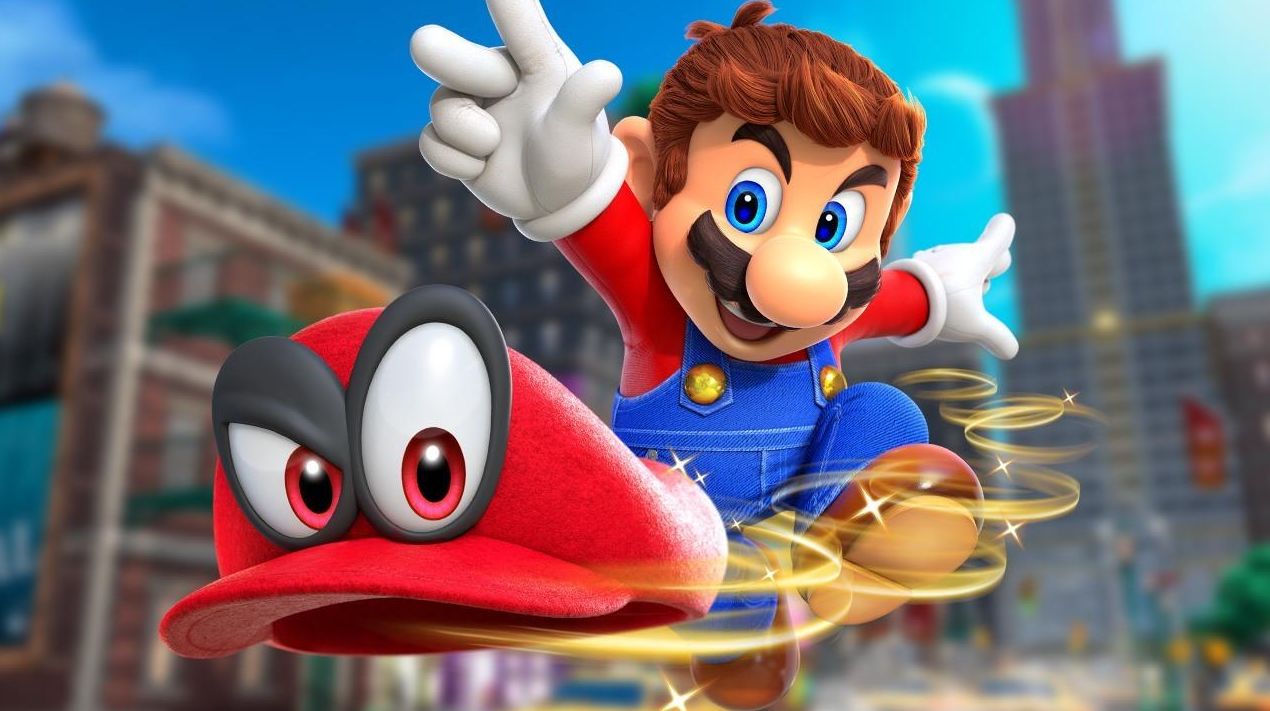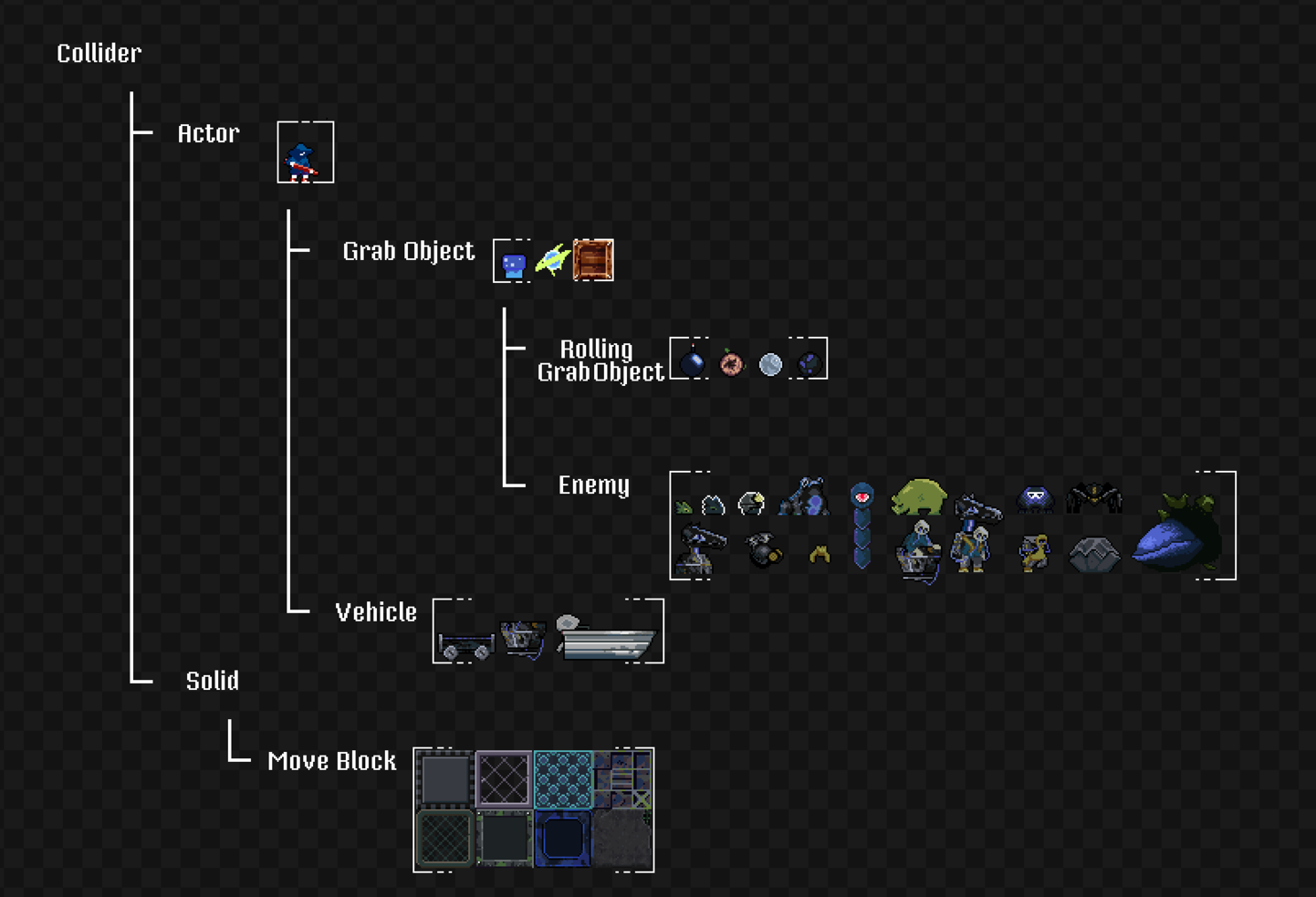Making Thematic Game Systems




I’ve been thinking a lot recently about the distinction between the experience I want to create with Oyster Wars versus other games in the genre.
Games, film, art in general, don’t have to be perfect, not by a long shot,
but in my personal opinion they should at least attempt to justify their existence.
To be created and sold just for the sake of it, while fine, is not what I’m trying to achieve.
I personally don’t want to play the 100th platformer where you make it to the end of the level and shoot at enemies.
It kind of feels like going to watch the 100th marvel movie, you lost me after Spiderman 2.
Discovering the themes that differentiate Oyster Wars has been quite a unique challenge;
only through creating verbose and bug free systems which allow experimentation and creativity
have I been able to truly understand what the game is and in turn, what it’s trying to convey.

Let's take a second to talk about the difference between games and all other media; the interaction between the art and the observer.
While watching a film or listening to music you’re an observer, a listener.
With video games however you are a participant, you’re involved, and as a designer I have the responsibility to ensure this involvement is focused, congruent with the themes contained in the game, but most of all:
fresh, engaging and original (although the fresh part usually comes naturally if you stick to the first two).
Put plainly: Oyster Wars is about taking and using,
the intention is to convey the choice given to everyone of how involved they want to be in the capital chasing, industrial, self-centered nihilism that’s taking over Western culture.
The Hookshot is the primary way the player interacts with the world and is the main character of the game.
There was a time when I had enemies in the game that the player would shoot and kill like in any other game.
I decided to put them in because well, other games have them, right?
This choice to copy made Oyster Wars feel samey, and in no way contributed to conveying the intended themes.
In games, levels are stories and mechanics are characters, so having an interaction like plain old shooting is like having a side character in a show that no one asked for.
In my opinion, stories are much better when they’re focused, without diversion.
While wrestling with myself one day and finally figured out what was making the game feel incomplete, it was this under-commitment to the hookshot, my fear of telling a consice and meaningful story.
I was becoming the TV executive adding it side characters and plots that no one asked for to pad out the season and make some filler episodes.
I made one change to the games code which saved the project from mediocrity.

Because of the way I’ve set up the games internals I was able to experiment with this idea almost instantly simply by switching the parent class of Enemy from Actor to Grab Object.
It took about 20 minutes for all enemies to inherit the functionality of all the other grabbable objects in the game.
The process of design and programming may seem like separate tasks but a good author knows their characters and good game designer does as well.

This classification of game mechanics as characters isn't anything new;
In most mainline Mario and Zelda games, the "gimmick" of that game is given eyes and a name.
The themes conveyed don't have to be some moral dilemma or life lesson.
In Mario Odyssey the theme is: "You can throw your hat at stuff", and that's more than enough.

This is now how the class hierarchy looks for Oyster Wars. No enemy is just an enemy,
they can all be grabbed and they all have unique behaviour when shot.
We're entering a "just do it" era of game design where staying true to the central idea is being recognized and rewarded.
Echoes of wisdom wouldn't be the same game if you couldn't clone every enemy.
Mario Odyssey wouldn't be the same game if you couldn't control every enemy.
These ideas used to seem like breaking convention but now they're the norm.
I intend to follow suit.
If you're a game developer, or any type of creative for that matter, I hope this article can give you
the confidence you need to stick to your original concept, not get dragged down by comparisons and create what you truly set out to.
